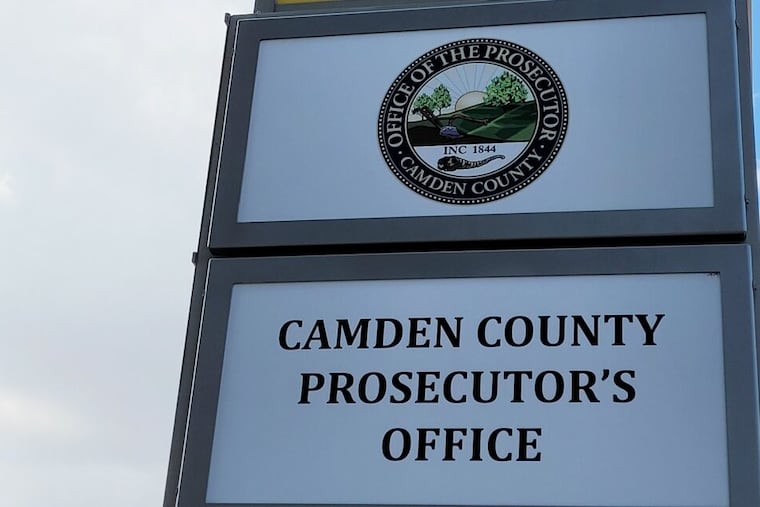Zimbabwe’s ruling party proposes extension of Mnangagwa’s presidency until 2030.

Zimbabwe’s ruling party, ZANU-PF, recently announced plans to extend President Emmerson Mnangagwa’s term by two years, potentially allowing him to remain in power until 2030. This decision emerged during the party’s annual conference held in Mutare, where delegates authorized the government to draft legislation aimed at amending the Constitution. Justice Minister and ZANU-PF legal secretary Ziyambi Ziyambi confirmed the endorsement of this pivotal motion.
Currently, President Mnangagwa, who is 83 years old, is scheduled to conclude his term in 2028, having served two elected terms as mandated by the Constitution. Any alteration to this timeline necessitates an amendment to the Constitution, a process that could involve national referendums, as advised by legal experts.
The response from ZANU-PF delegates following the motion’s approval was overwhelmingly positive, reflecting the party’s history of securing power since Zimbabwe attained independence in 1980. The party’s dominance in parliament grants it considerable authority, although internal dissent suggests that any proposed constitutional changes may face significant legal challenges.
Despite Mnangagwa’s declared commitment to uphold constitutional principles and his lack of intention to cling to power, factions within ZANU-PF are divided. Some loyalists have been advocating for an extension since the disputed elections of the previous year, while Vice President Constantino Chiwenga and his supporters are vocal in their opposition to this plan. Blessed Geza, a respected figure from the liberation movement and a Chiwenga ally, has emerged as a prominent critic through YouTube livestreams, where he has attracted considerable viewership for his stance against the term extension.
While Mnangagwa refrained from addressing the extension proposal during the conference’s closing remarks, Chiwenga has not publicly commented on the unfolding situation or the protests it has incited. Adding to the tense atmosphere, the economic situation in Zimbabwe remains a critical concern. Mnangagwa ascended to the presidency in 2017 with promises of meaningful democratic and economic reforms following Robert Mugabe’s ousting.
However, the country has grappled with severe economic challenges characterized by hyperinflation, high unemployment rates, and widespread allegations of corruption. Critics argue that ZANU-PF has systematically suppressed dissent, undermined the judiciary, and transformed elections into predetermined outcomes rather than genuine democratic exercises.
As tensions simmer, legal representatives from the opposition have indicated their readiness to challenge any efforts to amend the Constitution in court. “We will defend the Constitution against its capture and manipulation to advance a dangerous unconstitutional anti-people agenda,” asserted Tendai Biti, an opposition lawyer.
The ongoing power struggles within ZANU-PF are becoming increasingly pronounced, delineating a clear divide between those advocating for Mnangagwa’s prolonged reign and those preparing for a future under Chiwenga’s leadership.
#PoliticsNews #AfricaNews






